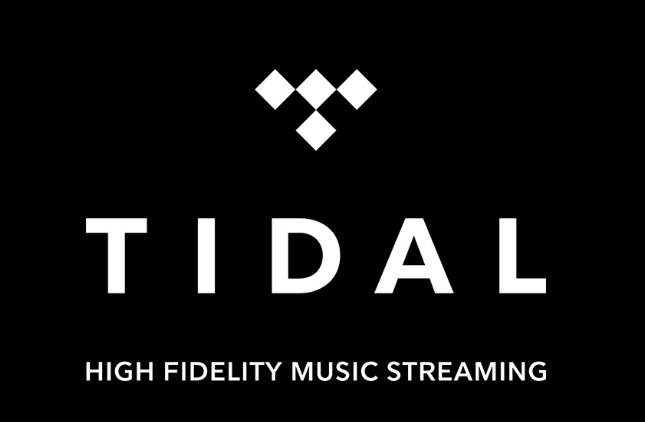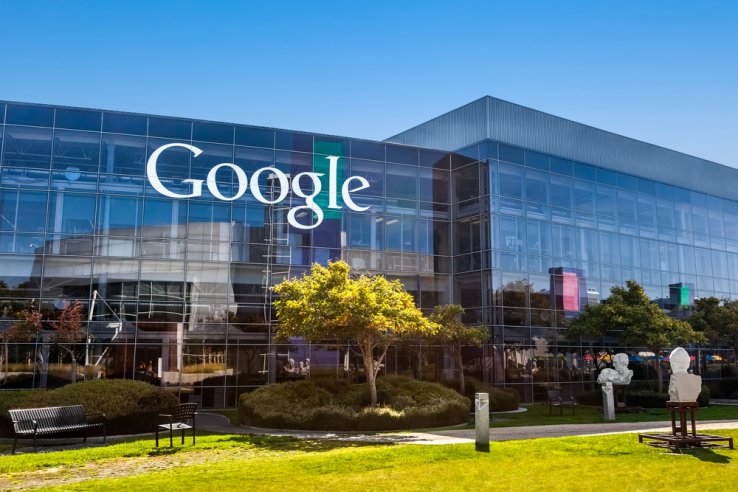When TIDAL launched last year it promised to be different. In addition to offering a premium lossless audio quality service, TIDAL billed itself as a music streaming service owned by artists for artists. Unfortunately, it has not lived up to this promise.
The streaming service has stumbled at pretty much every turn. In 2016 alone, TIDAL has faced lawsuits for underpaying royalties and misleading customers.
Music streaming arose as a way to combat piracy. By providing a superior service, selection and convenience, companies like Spotify and Google have been able to pay billions of dollars in royalties to musicians. But this system was never perfect. The majority of the money from streaming usually finds its way to superstars and record labels at the expense of independent and less well known musicians.
At last year’s launch the owners of TIDAL, including Jack White, Alicia Keys, Daft Punk and members of Arcade Fire, among others, stood on stage as the company announced how it was going to save the music industry by making music valuable again. It has done the exact opposite.
In order to attract subscribers, TIDAL offers exclusive albums like Kanye West’s “The Life of Pablo” and Beyoncé’s “Lemonade.” While both have led to an increase in subscribers and app downloads, they have also led to a piracy firestorm.
“Lemonade” is currently the number five pirated album on the Pirate Bay just over twenty-four hours into its release and “The Life of Pablo” is still holding strong to the top spot.
Album exclusives are inherently anti-consumer. They encourage piracy, divide the community and discourage casual music fans. Instead of paying ten bucks to buy a CD or digital copy, which the consumer actually owns, fans must now subscribe to hear new music from their favorite performers. It eliminates consumer choice and makes it more difficult to discover new music and genres. It creates the very problems that streaming attempted to solve: rampant piracy.
Perhaps TIDAL’s greatest failure was its inability to deliver on its promise of transparency. It is extremely difficult to get an accurate answer from any streaming service in regard to an artist’s royalties. In a 2014 Time article, Spotify claimed it pays between $0.007 and $0.0084 per stream. In a statement last year, TIDAL claimed it pays artists between $0.024 and $0.028. Leaked royalty statements seem to dispute both companies’ numbers, showing a much wider range of payment rates. Does TIDAL actually pay artists better than Spotify? The real answer is nobody knows.
In the end, Death Cab for Cutie’s Ben Gibbard described TIDAL’s failure best in an interview with The Daily Beast last year. He said, “There was a wonderful opportunity squandered to highlight what this service would mean for artists who are struggling and to make a plea to people’s hearts and pocketbooks to pay a little more for this service that was going to pay these artists a more reasonable streaming rate. And they didn’t do it. That’s why this thing is going to fail miserably.”




Truth • Apr 28, 2016 at 9:36 am
(1) Tidal was not the only defendant named in the class action lawsuits for unpaid royalties, Spotify, Apple, and several others were too. (Which Tidal recently settled?)
(2) Apple music also has exclusives (Views from Drake comes out tomorrow as an exclusive on the service. Where are the articles criticizing Apple for the same business strategy?)
(3) Although there may be some ambiguity on the rate, no one disputes that Tidal pays more than both Spotify and Apple music.
(4) That lawsuit about Kanye’s tweet has no chance of holding up in any court. It’s just something to write about for writers, like everything else Kanye related.
(5) Any of the issues Tidal has had with its product thus far is similar to any startup that is bootstrapped with personal/seed money. The company unfortunately has to make hiccups in public due to its stature being owned by very popular people.
(6) Maybe Spotify’s free tier was a way to combat piracy, but the service has yet to prove that it can turn a profit as the vast majority of its users don’t pay for the service and ads aren’t cutting it. Furthermore, piracy happens regardless when there’s popular content in the market (Game of Thrones was just pirated over 1 million times this past weekend). Furthermore, label execs have already come out saying exclusives are the way of the future.
I would also like to add, that according to data, Tidal is doing fine in the growth department. The service added 857k and 755k subs in March and April (thus far) respectively (across the Apple and Google Play stores). If we’re using the reported number from the March 29th PR, the subs would be somewhere between 3.6-3.9 million today. When you factor in that over 40% of users pay the $19.99 rate, I think its safe to say the service has grown quite nicely under new ownership. (Annual revenue would be on pace to fall between ~$600-650 million. *This number does not account for the student plans at the $4.99 rate.
I think we have to remember that this service was launched with very little capital compared to the billions backing both Spotify and Apple music, so the service will have bumps and bruises along the way as it continues to grow (Its only been a little over a year).
And to be clear, I think anyone who remembers paying for CDs constantly like I do in the 90s and 2000s throughout the year clearly sees the value in the Tidal model. They’re basically saying that to listen to music you have to pay for it. It’s really not a dramatic shift from what the norm is. I don’t think music should be free for anyone so paying $120 a year for every album I think is worth a listen is a good deal. I definitely feel better about paying for Tidal than I do Netflix which I only use to binge watch a few shows and rarely use otherwise.
flawda • May 3, 2016 at 8:01 pm
Cosign everything you said. I’ve seen several of these websites, blogs, magazines,etc keep reguritating the same bias rhetoric and it’s pretty clear to me these outlets is being paid off by Apple and these big business to trash Tidal. They are no different than these news networks, just a bunch of bias puppets controlled by big comapanies.